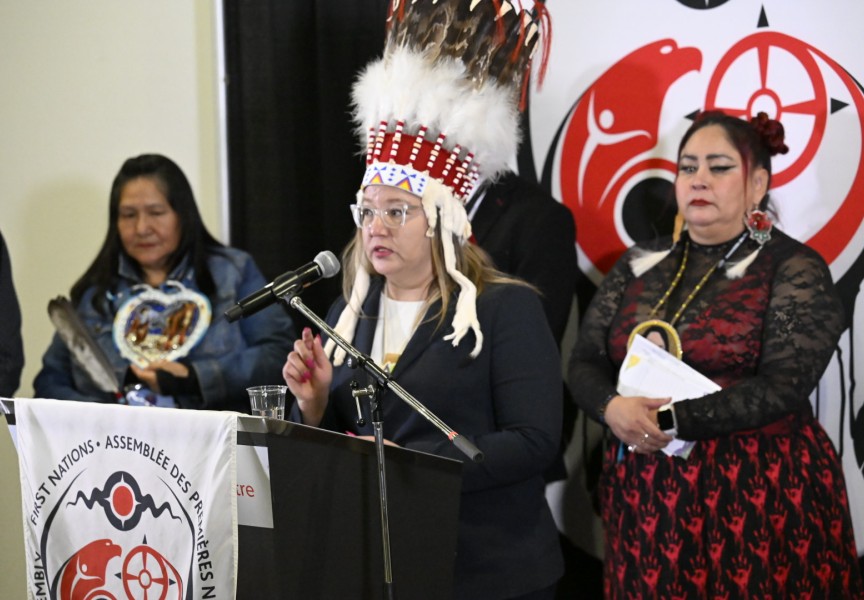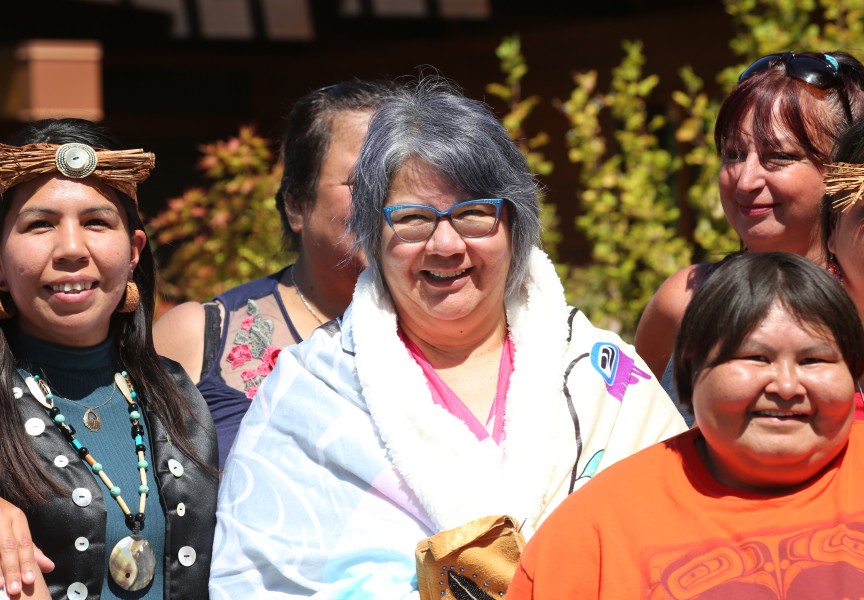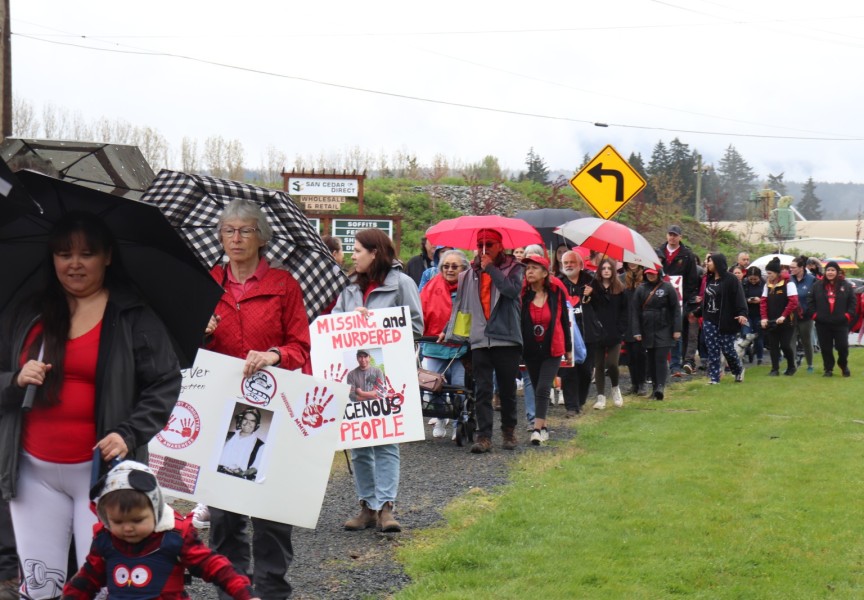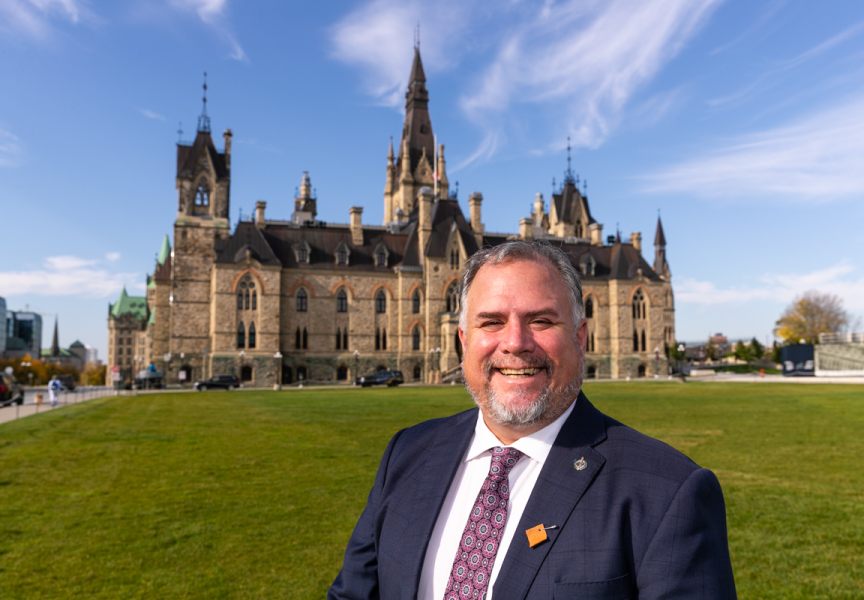The Union of BC Indian Chiefs applauds the Huu-ay-aht First Nation on the just resolution of their specific claim at the Specific Claims Tribunal. The Tribunal ruled that Canada had committed multiple and ongoing breaches of fiduciary duties in relation to its dealings with a licence to harvest timber on Numukamis Indian Reserve No.1 ("IR1"). Judge Whalen found that Canada's breaches included failing to consult, failing to abide by the requirements of the Indian Act, and failing to rectify the wrong when it was discovered.
This ruling is the first decision of the Tribunal to set out the legal principles that will guide the calculation of compensation for successful claimants.
Deb Foxcroft, President of the Nuu-chah-nulth Tribal Council. declared "This is yet another win for the First Nations people in BC. We have a lot to celebrate as the courts and the Specific Claims Tribunal continue to recognize and prove and confirm our struggles for our Aboriginal rights and rightful place in this country. Congratulations to the Huu-ay-aht people for your determination, strength and courage to continue this important fight for recognition and compensation for your rights and title. Your ancestors would be so proud to see you have taken your responsibilities, teaching and values seriously and continued your fight for your people and future generations to such a successful result."
"On behalf of the UBCIC Specific Claims Working Group, I also congratulate the Huu-ay-aht First Nations in their tireless efforts in standing up for their people today and for the seven generations to come," stated Chief Maureen Chapman, Chair for the BC Specific Claims Working Group. "This has been a long time coming. It is a very significant decision, a clear acknowledgement by the Tribunal that Canada once again failed to fulfill its legal obligations and clear direction moving forward in the calculation of compensation. The decision provides a measure of justice for the members of the Huu-ay-aht First Nation communities who have struggled for over 60 years to have their grievance heard and recognized."
This is the fourth decision of the Tribunal, an independent body established by the federal government in 2008 to make final and binding decisions on specific claims rejected by the federal government. Canada now rejects or arbitrarily closes 85 per cent of claims. The high rejection rates are accompanied by the federal government's announcement on Feb. 19, 2014 of funding cuts between 40 to 60 per cent to claims research and development.
"This is a clear message to the Harper government that our claims are valid and must be negotiated fairly," states Grand Chief Stewart Phillip, President of the Union of BC Indian Chiefs. "Thus far, all Tribunal decisions have strongly acknowledged the Crown's failure to fulfill its lawful obligations. This is an opportunity for the Harper government to fully acknowledge and take seriously the enormous costs to First Nations and to the Canadian public of failing to fairly resolve specific claims. It must abandon its mass rejection policy and negotiate claims in good faith - an approach that offers the possibility of true reconciliation and is considerably more cost effective than channelling claims into litigious and expensive processes, like the Tribunal."
Chief Maureen Chapman added, "The Harper government must also immediately restore funding to the claims research associations and First Nations dedicated to investigating these historical grievances. Without adequate funding to research and submit specific claims, First Nations will be prohibited from accessing the Tribunal – which currently is the only avenue for Justice that the Harper government has left open to us."
Phillip also cautioned, "The Harper government must remember that the violent and costly confrontations at Oka, Ipperwash and Caledonia resulted from unresolved specific claims issues."






